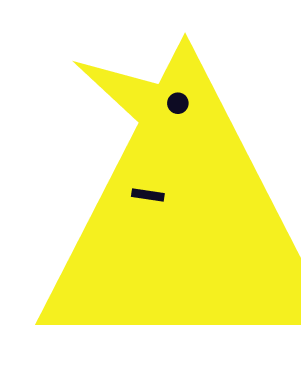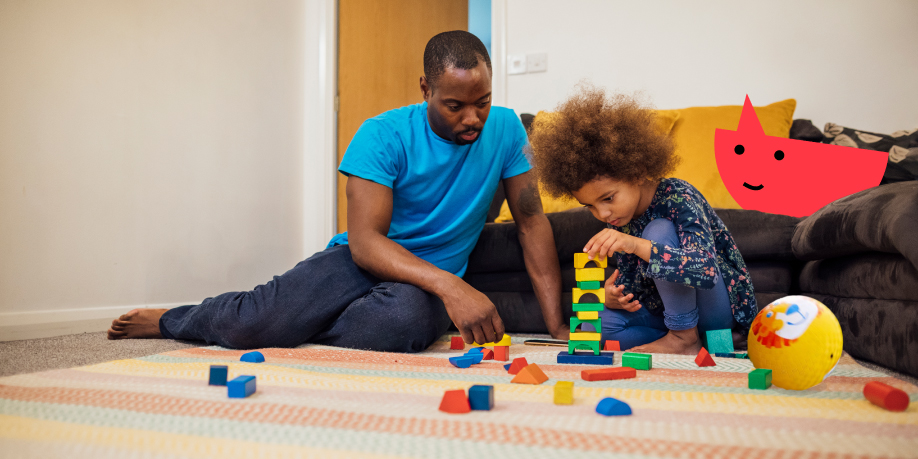3-4 years
This is a guide to how children typically learn to talk and understand words between 3 and 4 years of age.

Children develop skills at different rates, but by 4 years usually children will:
- Listen to storybooks with pictures and answer some questions about a story you’ve just read together.
- Understand and often use words for colour (e.g. ‘red’), number (e.g. ‘three fingers’) and time (e.g. ‘tomorrow’).
- Start to be able to answer questions about ‘why’ something has happened, although this still might be at quite a basic level.
- Use sentences that have 4 – 6 words in them, for example ‘I want to play with cars’.
- Start to link 2 sentences together by using ‘and’. For example, ‘I went to the park and I had ice cream’.
- Talk about the future and the past. For example, ‘I will watch you’ or ‘I jumped down’. Their sentences aren’t exactly like adults’ yet, so they may still make some mistakes such as saying ‘runned’ for ‘ran’.
- Answer simple problem-solving questions, for example ‘What do you do when you’re hungry/cold?’
- Tell a short story about something they have seen or experienced. For example, ‘Two boys played with the ball. It went over the fence.’
- Enjoy make-believe play and start to play cooperatively with others.
- Start to like simple jokes even if they don’t understand them.
- Start conversations with you and with other people.
- Use words instead of actions to argue with you or with their friends.
- Ask many questions using words like ‘what’, ‘where’, and ‘why’.
- Can say the sounds p, b, t, d, m, n, w, k, g, s, f, l and y in words when they are talking. For example, they say ‘sun’ and ‘car’ as an adult would. They may still have difficulty using more complicated sounds like sh, ch, th and r. However, adults who don’t know them can mostly understand them.
- Talk quite smoothly. They don’t repeat the first sound in words or get stuck trying to get a word out.
Resource library for families

Things to look out for
Some children struggle with learning to talk and understand words. Possible signs to look at for at this age include:
- Your child is not joining words together into sentences.
- The sentences your child uses are jumbled or difficult to understand.
- Your child has difficulty understanding and following instructions.
- Adults who don’t know your child find their talking hard to understand.
If you notice any of these things, talk to your health visitor or GP, or your child’s setting or childcare provider. You can also contact our free speech and language advice line, which is a confidential phone call with an experienced speech and language therapist. During the 30-minute call, you will be given the opportunity to talk through your concerns and questions regarding your child’s development. You can book your phone call here.
Further support
For tips on how you can support your child’s communication skills, have a look at some of our parent resources:

